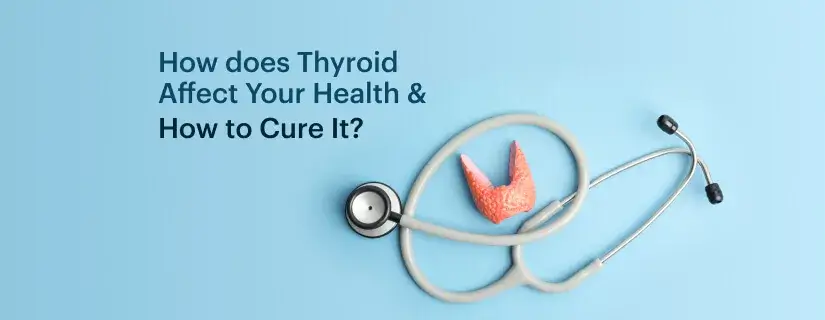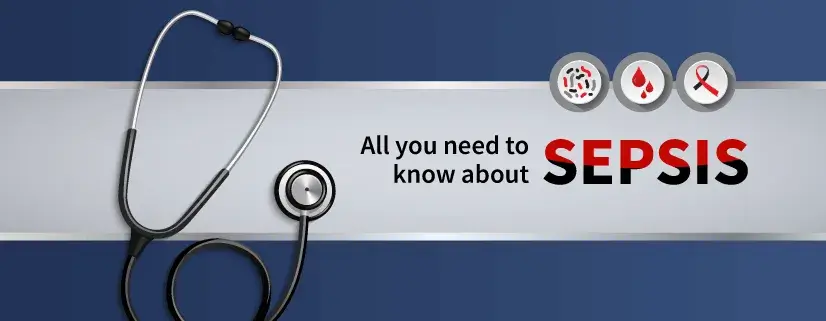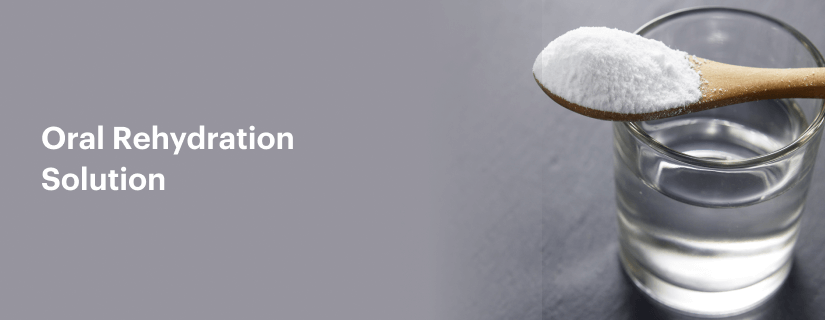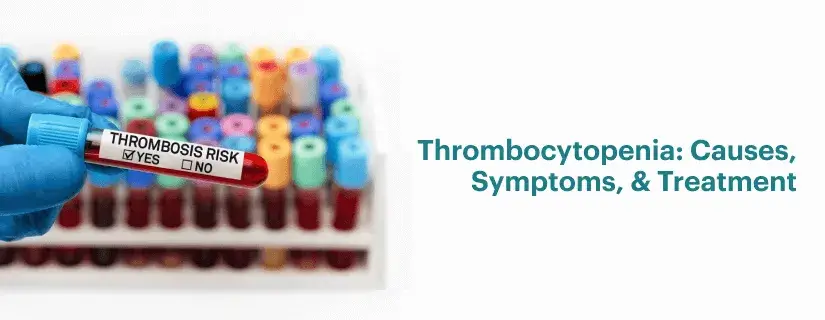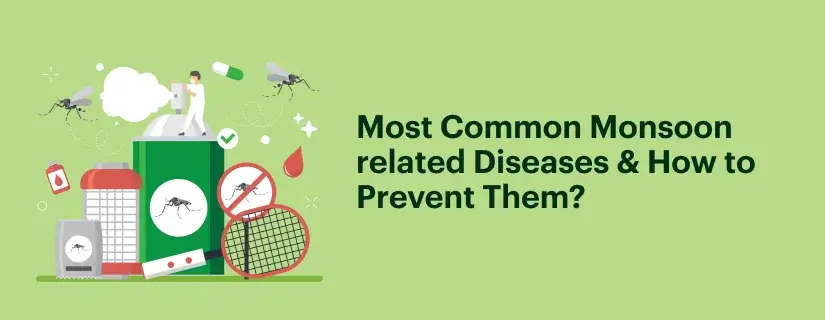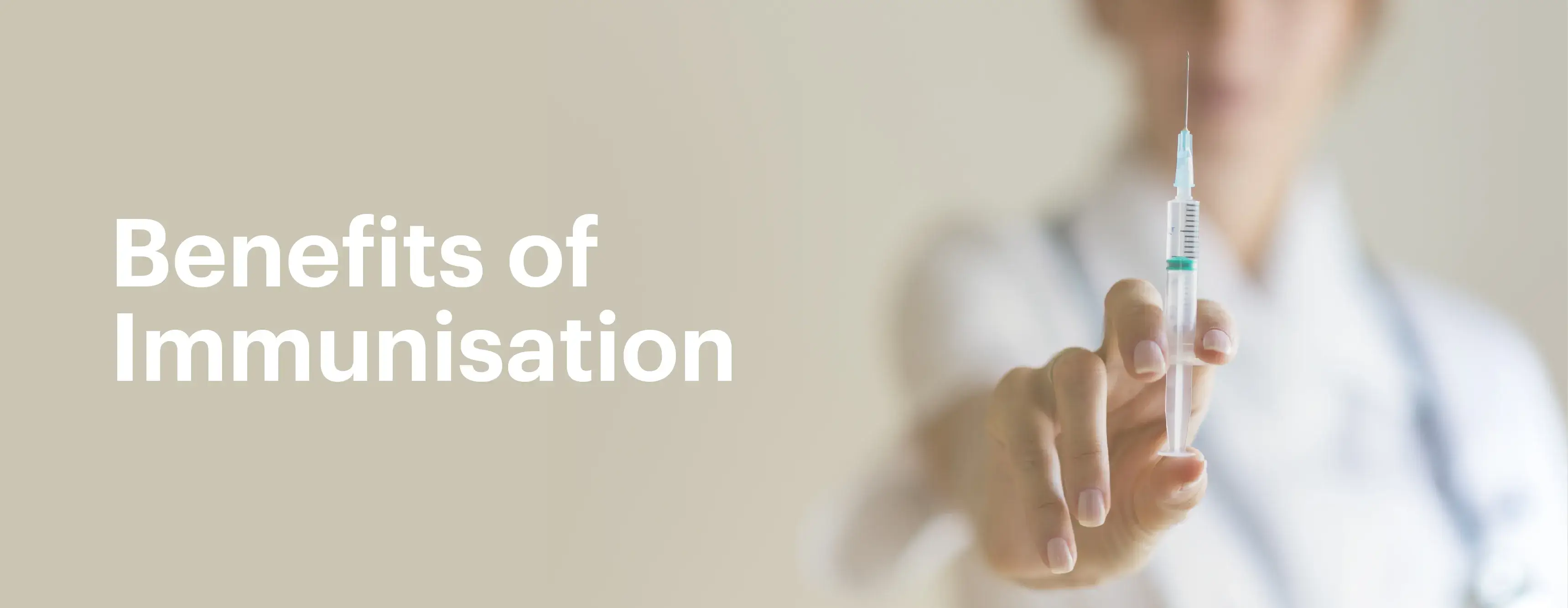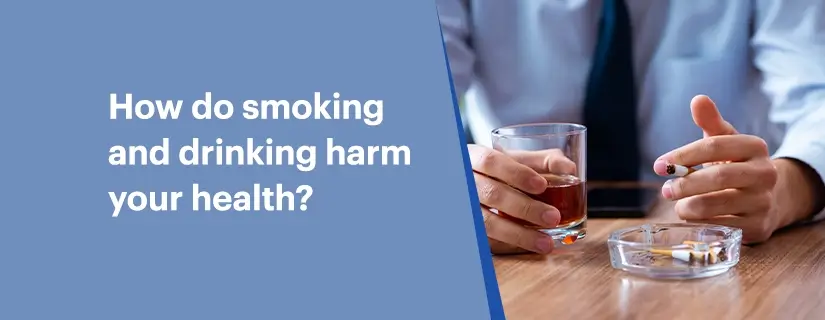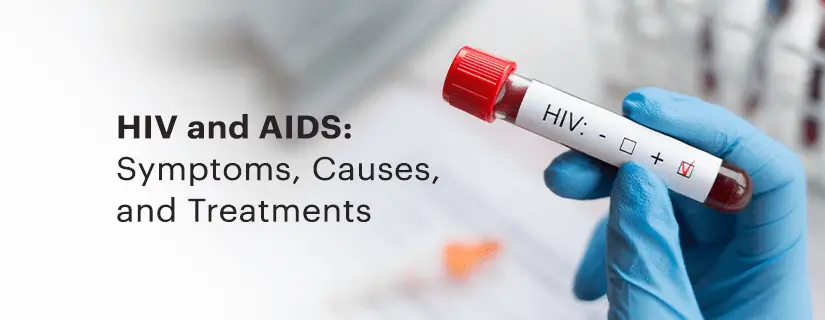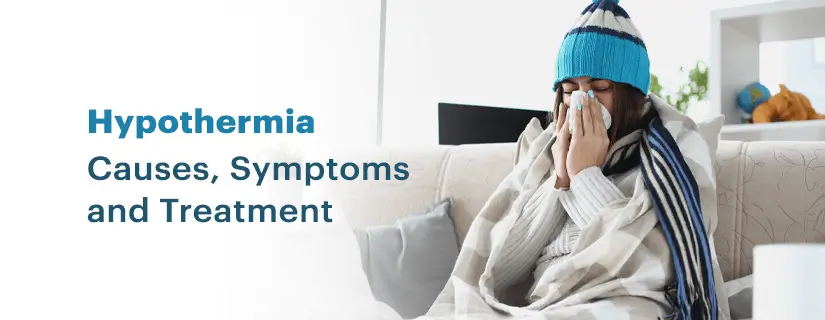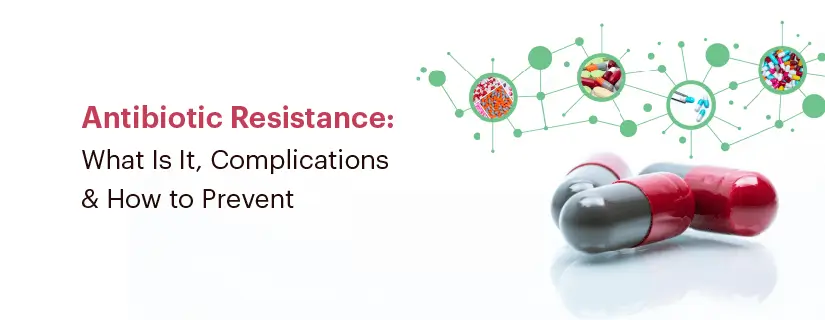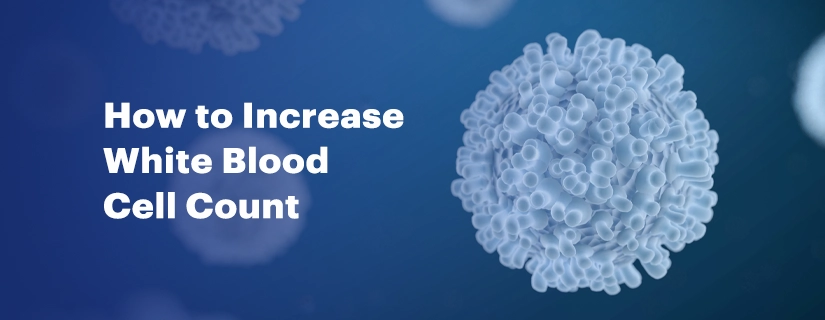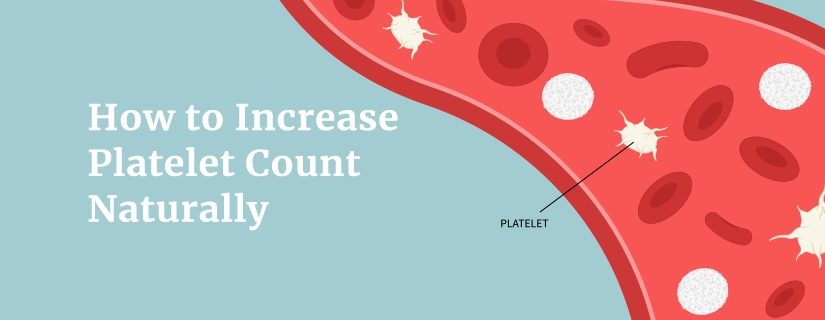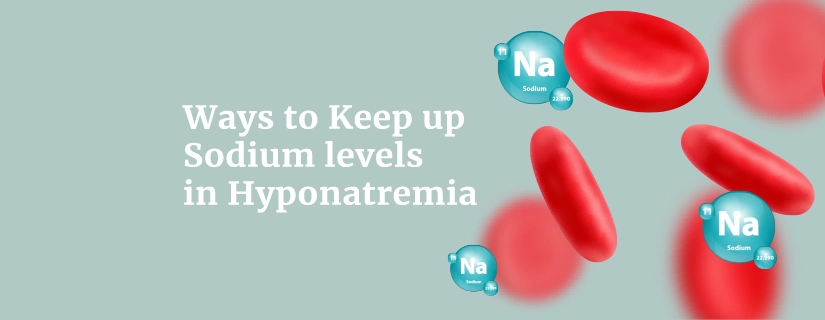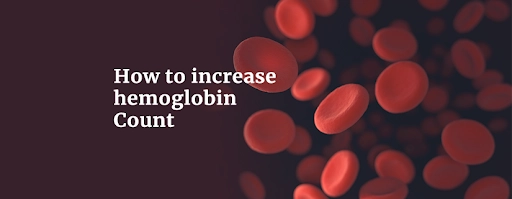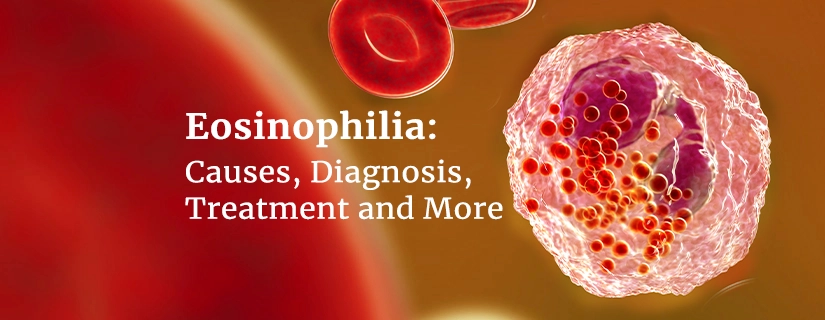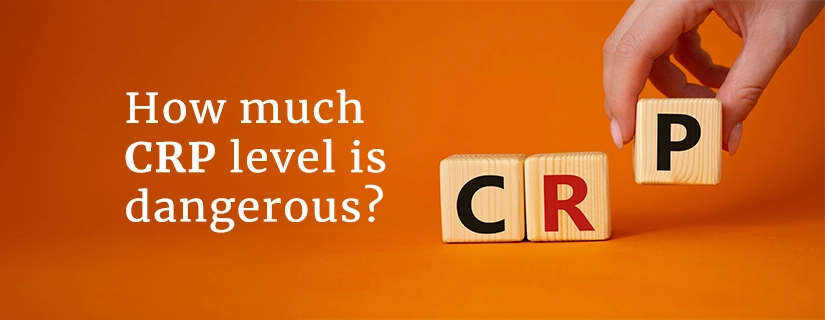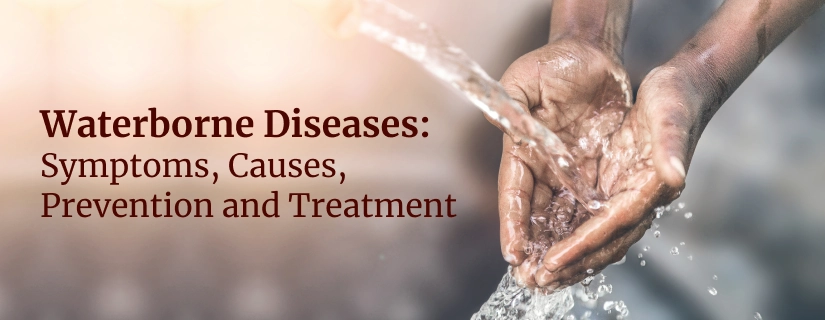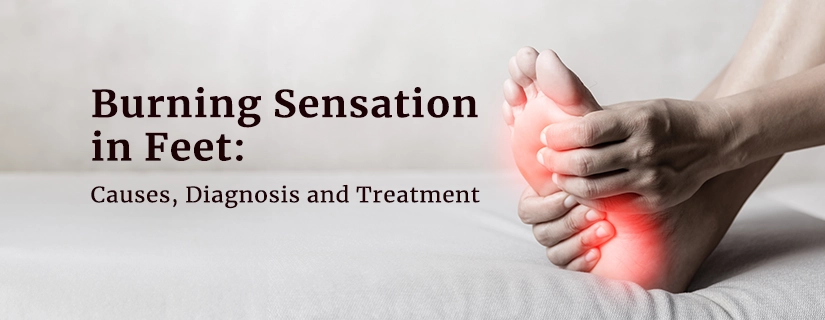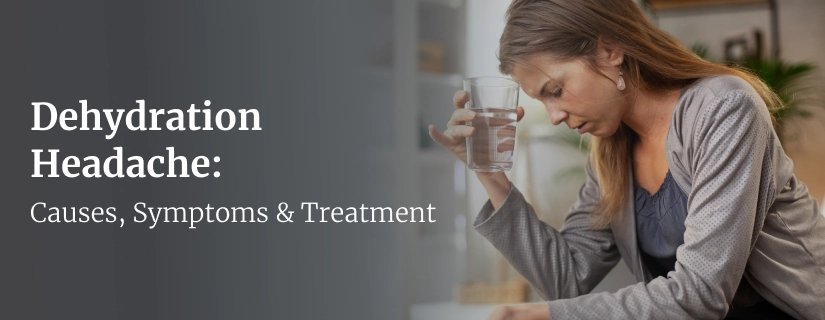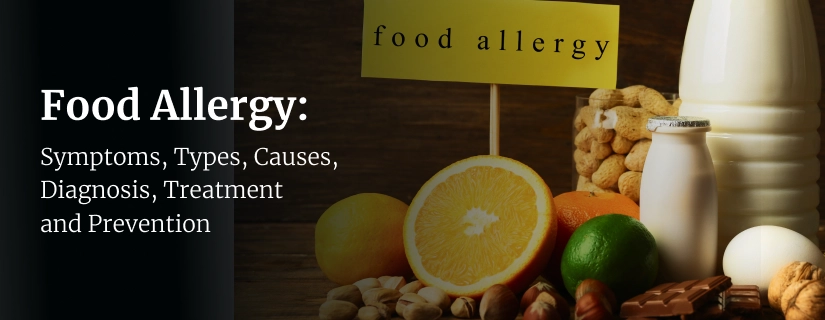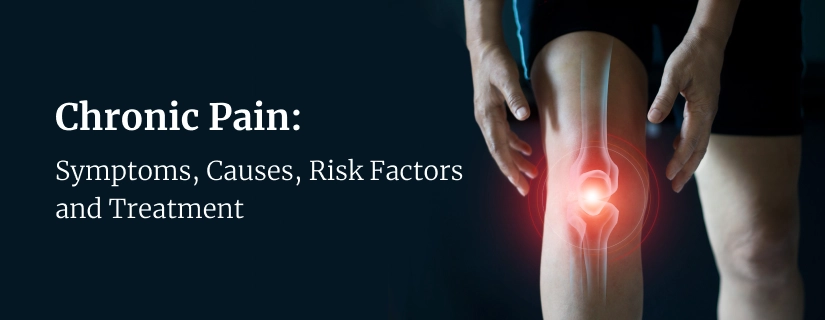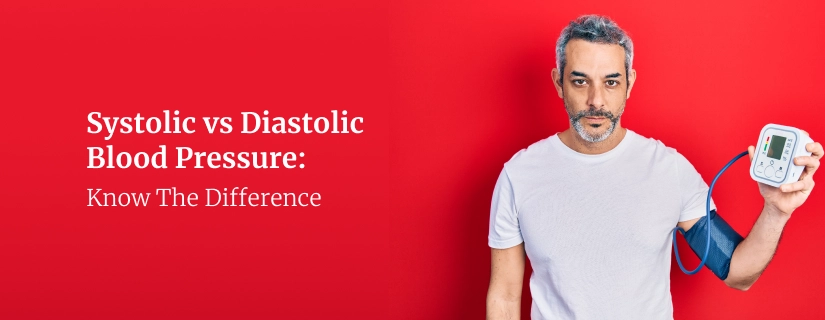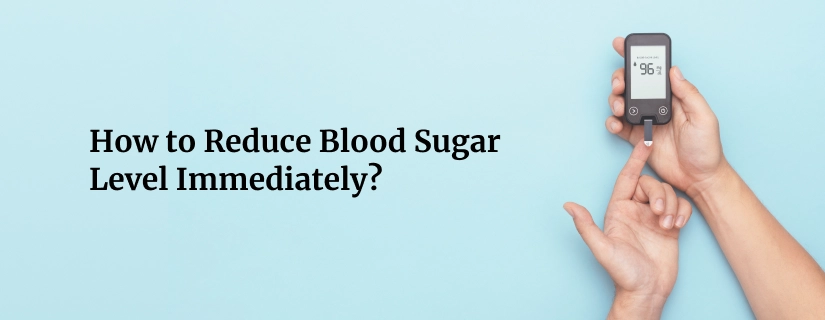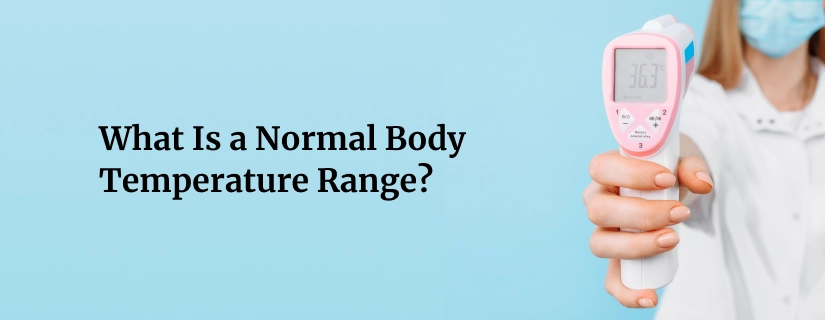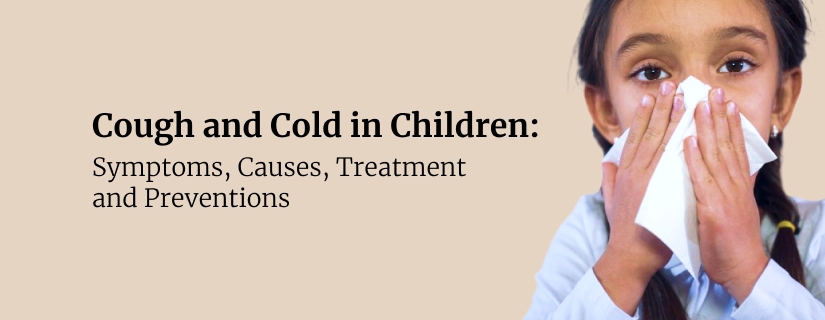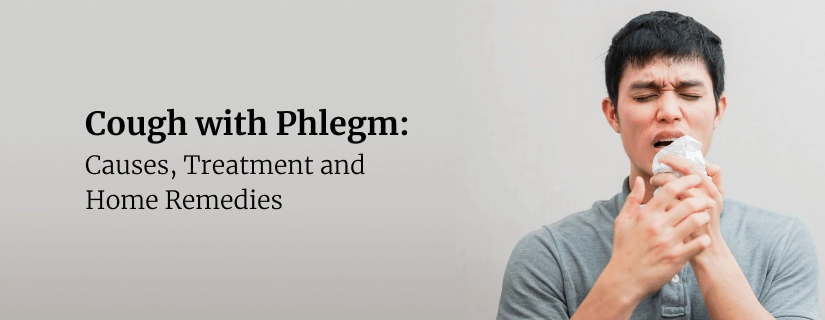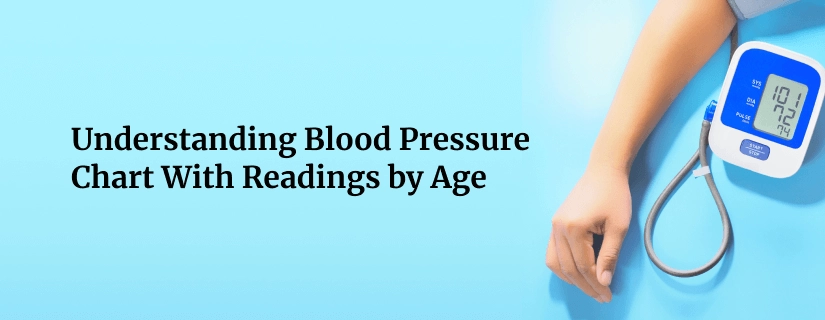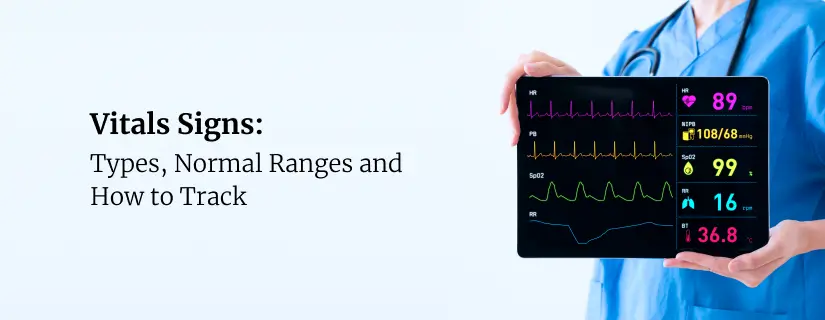-
Doctors
-
Specialities & Treatments
Centre of Excellence
Specialties
Treatments and Procedures
Hospitals & Directions HyderabadCARE Hospitals, Banjara Hills CARE Outpatient Centre, Banjara Hills CARE Hospitals, HITEC City CARE Hospitals, Nampally Gurunanak CARE Hospitals, Musheerabad CARE Hospitals Outpatient Centre, HITEC City CARE Hospitals, Malakpet
HyderabadCARE Hospitals, Banjara Hills CARE Outpatient Centre, Banjara Hills CARE Hospitals, HITEC City CARE Hospitals, Nampally Gurunanak CARE Hospitals, Musheerabad CARE Hospitals Outpatient Centre, HITEC City CARE Hospitals, Malakpet Raipur
Raipur
 Bhubaneswar
Bhubaneswar Visakhapatnam
Visakhapatnam
 Nagpur
Nagpur
 Indore
Indore
 Chh. Sambhajinagar
Chh. SambhajinagarClinics & Medical Centers
Book an AppointmentContact Us
Online Lab Reports
Book an Appointment
Consult Super-Specialist Doctors at CARE Hospitals
Dengue Fever: Symptoms, Diagnosis, Treatment and Prevention
Updated on 29 August 2019

One of the most common mosquito-borne diseases, dengue is an enervating, painful viral infection. Caused by a virus transmitted by the female Aedes mosquito, it results in flu-like symptoms. Since the symptoms of ailments like malaria, leptospirosis and typhoid fever resemble that of dengue, diagnosis becomes a little difficult. Mostly occurring in the tropical and sub-tropical areas, dengue affects more than 400 million people worldwide every year. Another important thing to know about dengue is that it is not directly communicable. It can only be transferred through mosquito bites. Read more to know about the symptoms and dengue fever treatment.
How common is dengue fever?
Dengue fever is quite common globally, especially in tropical and subtropical regions. According to the World Health Organization (WHO), an estimated 390 million dengue infections occur worldwide each year, with about 96 million cases manifesting clinically (showing symptoms). Dengue is endemic in over 100 countries, mainly in Southeast Asia, the Western Pacific, Africa, the Eastern Mediterranean, and the Americas. Because of its propensity to spread severe sickness and outbreaks, particularly in urban and semi-urban regions where mosquito populations are abundant, it poses a serious threat to public health.
Causes of Dengue Fever
Dengue fever is caused by a virus, specifically the dengue virus, which belongs to the Flaviviridae family. There are four closely related but antigenically distinct serotypes of the virus (DEN-1, DEN-2, DEN-3, and DEN-4). The virus is primarily transmitted to humans through the bites of infected Aedes mosquitoes, particularly Aedes aegypti and Aedes albopictus.
When a mosquito bites a person infected with dengue virus, it becomes a vector, capable of transmitting the virus to other humans through subsequent bites. The virus cannot spread directly from person to person; it requires mosquitoes as intermediate hosts for transmission.
Key points about the causes of dengue fever:
- Viral Transmission: Spread through the bite of infected Aedes mosquitoes.
- Serotypes: Four different serotypes of the dengue virus exist.
- Vector-Borne: Humans are infected when bitten by mosquitoes carrying the virus.
- No Human-to-Human Transmission: Dengue virus cannot be spread directly between humans.
Symptoms of Dengue
Symptoms of dengue start showing after 4-6 days after infection, lasting for 10-12 days. These include:
- Sudden onset of high fever
- Throbbing headache
- Pain behind the eyes
- Joint pain
- Muscle pain
- Body ache
- Fatigue
- Nausea
- Vomiting
- Red patches/skin rashes accompanying the fever
Patients with severe dengue may experience:
- Persistent fever and vomiting
- Drowsiness
- Irritability
- Breathing difficulty
- Tarry stools
- Pale skin
Diagnosis of Dengue
The first thing your doctor will ask you is your medical history accompanied by your travel history. This is important as he needs to know what all medical conditions you have or where you have travelled in order to diagnose the ailment quickly. Apart from this, laboratory tests are also needed. If fever persists, a complete blood check-up is done. People with lower than usual platelet and White Blood Cell (WBC) count are required to take the Dengue Antigen test.
Who is at risk of developing dengue fever?
Several factors increase the risk of developing dengue fever:
- Geographical Location: Living in or traveling to tropical and subtropical regions where the Aedes mosquitoes thrive increases the risk.
- Mosquito Exposure: Spending time in areas with high mosquito populations, especially during the daytime when Aedes mosquitoes are most active.
- Previous Infection: Individuals previously infected with one serotype of the dengue virus are at higher risk of severe dengue if infected with a different serotype later.
- Age and Immunity: Children and infants, as well as older adults, may be more vulnerable to severe forms of dengue.
- Travel History: Travelers from non-endemic areas who visit regions where dengue is prevalent are at risk if bitten by infected mosquitoes.
- Living Conditions: Factors such as inadequate housing, lack of screens on windows, and standing water (which allows mosquitoes to breed) can increase exposure to mosquitoes carrying the virus.
- Health Conditions: Individuals with certain underlying health conditions may be at increased risk of severe dengue if infected.
Complications of Dengue
Severe cases of dengue fever can result in internal bleeding and damage to organs. This can lead to dangerously low blood pressure, potentially causing shock and, in some instances, death.
When women contract dengue fever during pregnancy, there is a risk of transmitting the virus to the baby during childbirth. Babies born to mothers who had dengue fever during pregnancy are more likely to be born prematurely, have low birth weight, or experience fetal distress.
Who are all immune to Dengue fever?
No one is completely immune to dengue fever. While a previous infection with one type of dengue virus can protect against that specific type in the future, it doesn't provide immunity to the other types. So, people who have had dengue before can still get it again from a different type of dengue virus.
Treatment of Dengue
Since dengue is a viral infection, it has no specific treatment. However, depending upon the severity of the infection, your healthcare advisor will suggest a few treatment options on the management of dengue fever. When the infection is mild, your doctor may suggest ways to prevent dehydration. This is important because high fever and vomiting your body dehydrated which, in turn, causes weakness. To avoid such a situation, drinking clean, bottled water is generally recommended.
Moreover, rehydration salts can help tremendously in restoring the lost fluids and minerals. Apart from this, certain painkillers including paracetamol are also recommended as they can alleviate body pain. If the infection becomes severe and the patient is not able to take fluids via the mouth, intravenous (IV) fluid supplementation is required. Patients suffering from severe dehydration may need a blood transfusion as well.
Prevention of Dengue
You can prevent dengue infection by simply preventing mosquito bites. To accomplish the same, the following measures can be taken:
- Wear clothes which cover your body fully.
- Use mosquito repellents like DEET.
- Ensure that the windows and doors of your house have mosquito screens.
- Mosquito nets are also recommended.
- Stay away from places with stagnant water.
Dengue is a deadly infection which needs medical care and treatment from the best dengue treatment hospital. Hence, it is advisable to visit your doctor as soon as the above-mentioned symptoms start appearing.
Recovery
Recovering from dengue fever involves:
- Symptom Management: Patients are advised to rest, stay hydrated, and manage fever and pain with medications like acetaminophen (paracetamol). Non-steroidal anti-inflammatory drugs (NSAIDs) like ibuprofen should be avoided due to the risk of bleeding complications.
- Monitoring: It is essential to closely monitor symptoms and vital signs, particularly in cases of severe dengue, which include persistent vomiting, severe abdominal pain, bleeding, and shock-related symptoms.
- Fluid Replacement: If there is severe vomiting or diarrhoea, intravenous fluids may be given to maintain fluid balance and avoid dehydration.
- Hospitalization: Severe cases of dengue may require hospitalization for closer monitoring and supportive care, including blood transfusions if there is severe bleeding or shock.
- Follow-up: After recovery, patients are advised to continue monitoring their health and seek medical attention if they experience any lingering symptoms or complications.
FAQs
1. Are Dengue mosquitoes active at night?
Yes, Aedes mosquitoes, which transmit dengue virus, are active during the day and can also bite at night.
2. Can Dengue spread?
Dengue spreads through the bite of infected Aedes mosquitoes. It cannot be spread directly from person to person.
3. Which dengue test is best?
The most common tests for diagnosing dengue include NS1 antigen test and PCR for early detection, and IgM and IgG antibody tests for later stages.
4. Why is dengue called breakbone fever?
Dengue is sometimes called breakbone fever because of the severe joint and muscle pain experienced by some patients.
5. Are dengue rashes itchy?
Yes, dengue rashes can be itchy, but they may also be accompanied by other symptoms like fever and body pain.
6. Does dengue occur without any warning signs?
Dengue can sometimes progress rapidly without obvious warning signs, so it's important to monitor symptoms closely.
7. How do I manage the symptoms of dengue fever?
Manage symptoms by resting, staying hydrated, taking acetaminophen for fever and pain (avoid NSAIDs), and seeking medical care if symptoms worsen.
8. How do I reduce my risk of developing dengue fever?
Reduce risk by using insect repellent, wearing long-sleeved clothing, and eliminating standing water where mosquitoes breed.
9. How long does dengue fever last?
Dengue fever typically lasts about 1-2 weeks, but recovery time varies depending on the severity of the infection.
10. What are the complications of dengue fever in pregnancy?
Complications may include pre-term birth, low birth weight, or fetal distress if the mother contracts dengue during pregnancy.
11. Is dengue deadlier than malaria?
In terms of global impact, malaria causes more deaths annually than dengue. However, severe dengue can be fatal if not managed promptly.
12. What happens if I don’t treat dengue?
Untreated dengue can progress to severe dengue, characterized by bleeding, organ damage, and potentially death, especially in children and older adults.
13. What is the recovery rate of dengue fever?
Most people recover fully from dengue fever with supportive care. Severe cases may require hospitalization for proper management.
14. What is the best food for dengue patients?
Recommended foods include fluids like water, oral rehydration solutions, coconut water, and soft, easy-to-digest foods like rice, bananas, and soups.
15. Does dengue affect the platelet count?
Yes, dengue can cause a decrease in platelet count (thrombocytopenia), which can lead to bleeding complications in severe cases.

ENQUIRY FORM
SELECT CATEGORIES
-
Neurosciences (16)
-
Neurology (37)
-
Neurosurgery (14)
-
Orthopaedics (48)
-
Oncology (33)
-
Obstetrics and gynecology (52)
-
Pulmonology (23)
-
Urology (20)
-
Nephrology (13)
-
Psychiatry (7)
-
Dietetics and Nutrition (111)
-
General Medicine (63)
-
Cardiac Sciences (32)
-
Vascular & Endovascular Surgery and Interventional Radiology (15)
-
Gastroenterology (46)
-
Endocrinology (23)
-
Plastic Surgery (10)
-
Critical Care Medicine (5)
-
COVID-19 (16)
-
Dermatology (16)
-
Emergency Care (1)
-
Ophthalmology (4)
-
Pediatrics (14)
-
Laparoscopic and Bariatric Surgery (8)
-
ENT (15)
-
Kidney Transplant (1)
-
Liver Transplantation and Hepatobiliary Surgery (5)
-
General Surgery (3)
-
Internal Medicine (5)
-
Medicine Information
Understanding Cholesterol: Here’s All You Need to Know
How Air Pollution Affect Human Health
YOU MAY ALSO LIKE
RECENT BLOGS
-

Preterm Birth (Premature Birth): Symptoms, Causes, Treatment and Prevention
13 May 2025
Read More
-

Rotablation Angioplasty: Benefits, Treatments, And Recovery Time
9 May 2025
Read More
-

What Is The Difference Between IUI and IVF?
9 May 2025
Read More
-

Venous Malformations: Causes, Symptoms, and Treatment
30 April 2025
Read More
-

Varicose Vein Foam Sclerotherapy: Treatment, Benefits, and Procedure
30 April 2025
Read More
-

Radiofrequency (RF) Ablation Treatment for Varicose Veins: Know More
30 April 2025
Read More
-

Varicose Vein Sclerotherapy: Treatment, Benefits, and Procedure
30 April 2025
Read More
-

Varicose Vein Endovenous Laser Ablation: Procedure, Benefits, Risks
30 April 2025
Read More
Have a Question?
If you cannot find answers to your queries, please fill out the enquiry form or call the number below. We will contact you shortly.










